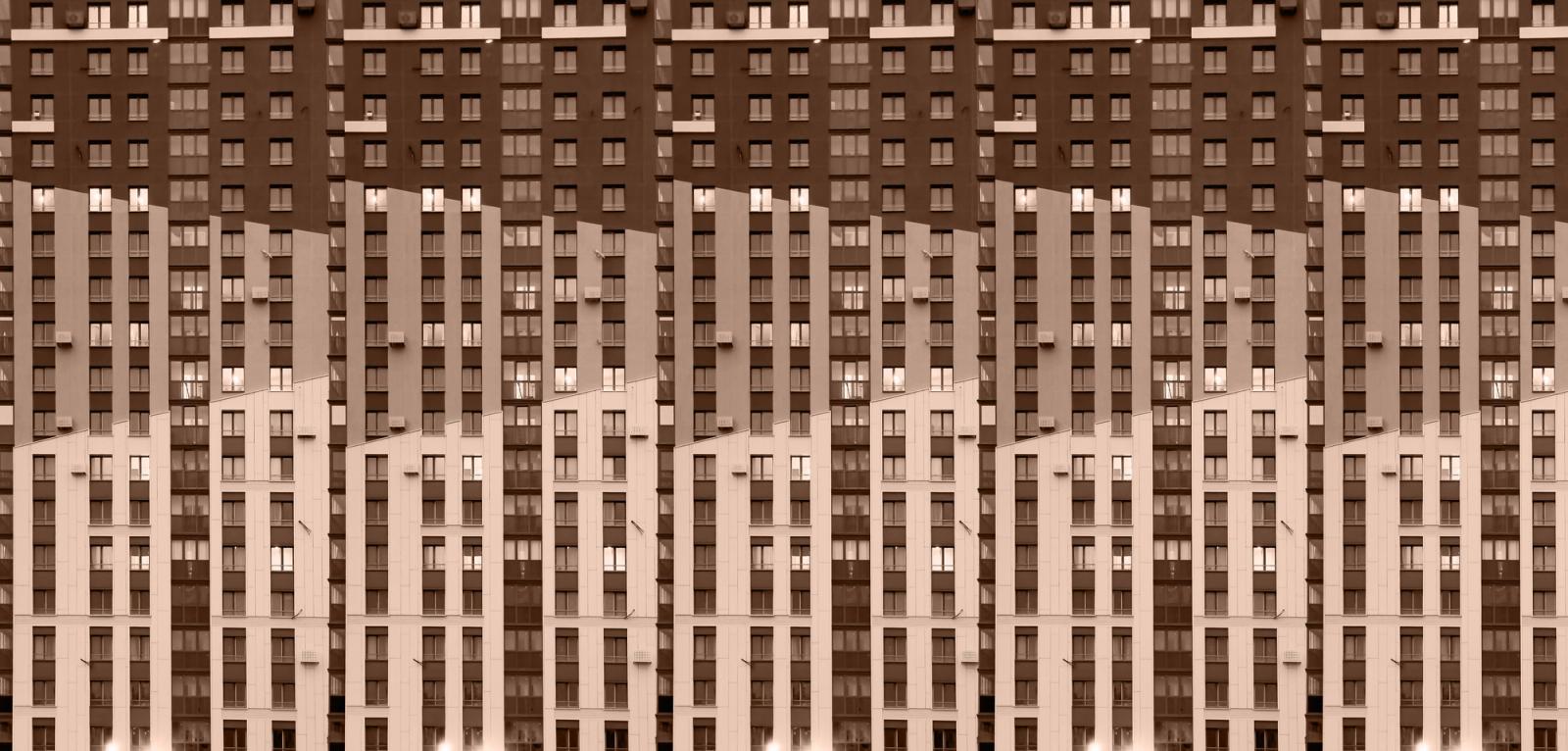The Topline
- A CBC News poll found that, a majority of residents in Calgary and Edmonton are unhappy with the rate of growth in those cities
- Statistics Canada estimated that Alberta’s population surpassed five million this year, and the Government of Alberta is projecting its population to grow by another two million by 2051
Switch sides,
back and forth
Change is inevitable!
Canada is a unique country in that 66 per cent of its population lives within 100 kilometres of the US border. This means that urban centres are scarce, and if you’re looking to relocate domestically, options are limited – especially since cities Vancouver and Toronto are infamous for their high costs of living.
This does, of course, mean that cities with lower costs of living and other desirable traits will become landing pads for those seeking a change, both from bigger and more expensive metropolitan areas and from smaller urban areas.
However, population increases cause tension with existing residents as the cost of living increases, and existing infrastructure and resources become strained.
But these issues are growing pains – literally.
As reported by the CBC , residents in Calgary and Edmonton are complaining that signing up for swimming lessons and parking are becoming increasingly difficult. These are challenges faced by other parents and people across Canada. Acting as though you are entitled to swimming lessons is a poor look.
Do the people complaining actually believe that people moving to Calgary and Edmonton shouldn’t because they don’t deserve to have a better quality of life? Or are they just being selfish NIMBYs? Likely the latter.
Urban growth provides an opportunity for municipalities to be intentional with their city planning to reduce reliance on cars and encourage healthy transportation and a 15-minute city. Not to mention, increased investments in infrastructure from governments.
Canada has long relied on immigration to increase its population. Birth rates in Canada have been declining for decades (the 2023 rate is 1.26 births per woman), making immigration a key way to support the economy. The same can be said for Calgary and Edmonton – attracting more people, particularly young families, will be good for economic growth.
At least some of these new residents of Calgary and Edmonton will become homeowners, which will help increase the municipal tax base and, in theory, support improved local services.
With an increased population also comes a revival of the city. New bars and restaurants may very well pop up, either creating or revitalizing the nightlife and expanding the cultural offerings for each city. And what, per se, is wrong with that?
So what?
The benefits of population growth greatly outweigh the cons. Yes, some things that people previously took for granted may have changed, but the opportunities for improved and increased services and infrastructure, and a more vibrant city are countless.
Stressor upon stressor upon stressor
Canada’s housing crisis has roots in the 1980s, but really took hold following a 1993 policy decision by the federal government to stop funding new social and co-operative housing programs. However, housing costs remained relatively stable until the early 2000s, when demand began to outpace supply.
For decades, economists have estimated that people should dedicate roughly 30 per cent of their income to housing costs. Unfortunately, that is no longer possible, especially in large urban areas.
In Alberta, the cost of living – particularly housing – has remained on the lower end compared to the rest of Canada . Population growth threatens that, which is problematic for those who have made Alberta home for reasons other than its low cost of living. This could also lead to greater levels of inequality, as vulnerable people who could previously afford a place to live may face housing instability in the years to come.
While the average monthly rent for a one-bedroom in Calgary is approximately $1,682, the minimum wage is just $15/hour – an unsustainable situation for those for whom that’s a reality. (Though, perhaps the provincial government should just raise the minimum wage. Just saying.)
Alberta doesn’t boast thriving metropolises like New York City or Chicago. It has Calgary and Edmonton. Urban growth is done horizontally, not vertically, and this requires supporting infrastructure, like roads. But when more people live in a city and need to commute to the urban centre for work, congestion increases, and the quality of life of residents decreases due to the increased time spent in their cars. This is time they could be spending, you know, living their lives. It’s a reasonable complaint.
There are plenty of legitimate arguments why fast-paced population growth can have negative impacts on long-time residents of a city. Understandably, they would be discouraged or unhappy with their elected representatives. However, citing a lack of parking at a soccer game is not going to win any arguments, even though it’s true that city services and infrastructure will become strained.
So what?
The cost of living in Canada has not decreased; we are still feeling the effects of high inflation and the tariffs from the United States. An increased population is only going to make these things worse, leading to an overall decrease in quality of life.

